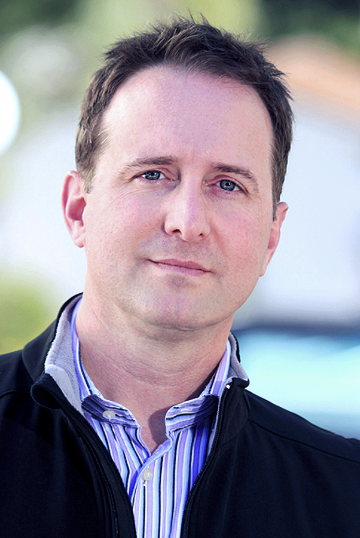Svetlana Kijevčanin (Local Partner)

Your local coordinator of the tour is Svetlana Kijevcanin, psychologist, and the peace activist. Nickname “CECA”. She’ll be with you on the tour all the time. More on Svetlana’s activist work you can find in a brochure written by Emiko Noma in 2006 when Svetlana was announced as one of the Women Peace Makers for 2006 at the Joan B. Kroc Institute for Peace and Justice at the University of San Diego. Svetlana currently supports the Impact Hub social enterprise incubator in Belgrade, Serbia. Svetlana is the Balkans representative for our third-party provider, AltruVistas.
Philip Murphy, PhD (Professor)

Professor Murphy holds a longstanding interest in human cognition and motivation. He initially pursued these interests within the field of history, which underscored the importance of context for understanding and interpreting how people understand, interpret, and interact with the world around them. However, he was frustrated by retrospective nature of the discipline and ultimately shifted his attention to the more proactive field of public policy.
Dr. Murphy studied public policy under Professor William Dunn at the University of Pittsburgh, and quickly realized he had a penchant for research methods that relate to the field. A good portion of his doctoral training was spent in search of the approaches to research and analysis that help to bridge the gap between numeric and descriptive research, resulting in a fondness for mixing methodologies.
This mixed-methods approach to understanding the world around us has similarly come to define the Mixed methods, Evaluation, Design, and Analysis (META) Lab, which Dr. Murphy directs. The META Lab is essentially a repository – and outlet – for anyone who is interested in applying the analytic skills that they either already have, or wish to grow. Students there are able to develop and hone their skills even beyond the curriculum available in regular courses, and frequently do so for clients and colleagues. Dr. Murphy first led a MIIS global course to the Balkans in March 2024. He also received a Fulbright to work in North Macedonia in spring 2024. He led a course to the Sacred Valley in Peru for four years earlier in his MIIS career.
Shukrije Gashi (Kosovo Liaison)

Shukrije (Shuki) was born in Pristina in 1960. A former political prisoner (imprisoned 2 years for advocating for the recognition of Kosovo-Kosovon rights), she worked in peace-building for
more than 20 years and took part in around 400 cases related to conflict resolution. Shukrije studied law at the University of Pristina and today is the Executive Director at the NGO – Partners Kosova Center for Conflict Management.
AltruVistas (Local Partner)
AltruVistas is our local partner and logistics provider for the course. Bringing Equity to Tourism is what AltruVistas does. Though tourism is one of the largest industries on the globe, it is one of the few that is little examined within a human rights framework. After working in the nonprofit human rights sector and overseeing advocacy travel programs for two decades, our founder Malia Everette recognized the power of travel to increase intercultural understanding, forge peaceful dialogue, transform consciousness, and inspire the agency of the traveler. She simultaneously recognized the economic power of travel, when the experiences and the tourism dollars were directly benefiting local communities and the host economy. Thus AltruVistas was founded upon core ethical values as well as the pragmatic financial strategy of deeply examining our travel “supply web.” For more on our model please see Malia Everette’s chapter in THE GOOD COMPANY. In this book, Business Professor Robert Girling shares 18 inspiring case studies of new as well as established companies and social enterprises from around the world that are making our planet a better place.
Tourism as an industry has evolved into a global phenomenon. It is one of the most important social activities and economic sectors in the international political economy. According to the UNWTO (United Nations World Tourism Organization), currently the industry accounts for 5% of the global GDP, 1 in 12 jobs, and is a major export sector. Sustained growth is predicted over the next two decades. “International tourist arrivals are set to increase by an average of 43 million a year between 2010 and 2013. At the projected pace of growth, we will surpass the 1 billion mark by 2012, up from 940 million in 2010. By 2030, the number is anticipated to reach 1.8 billion.” (Towards Tourism 2030, UNWTO). Clearly the economic indicators show that tourism is a growing and vibrant sector of the economy. There is an incredible opportunity for communities and nations around the world to take leadership to invest in tourism products that address the UN Millennium Development Goals (among them, poverty alleviation and gender equity), create socioeconomic growth, and promote social progress and environmental sustainability.